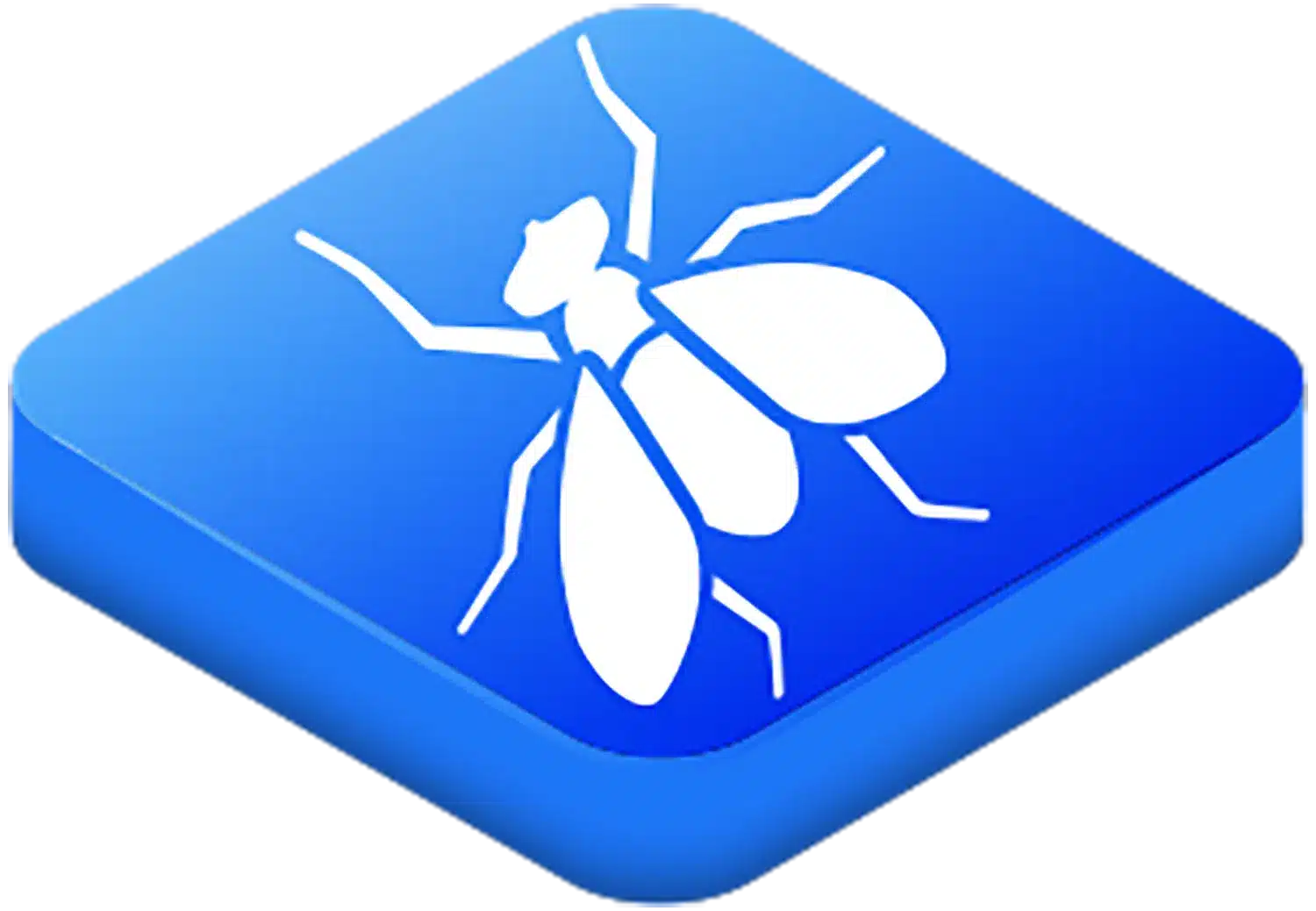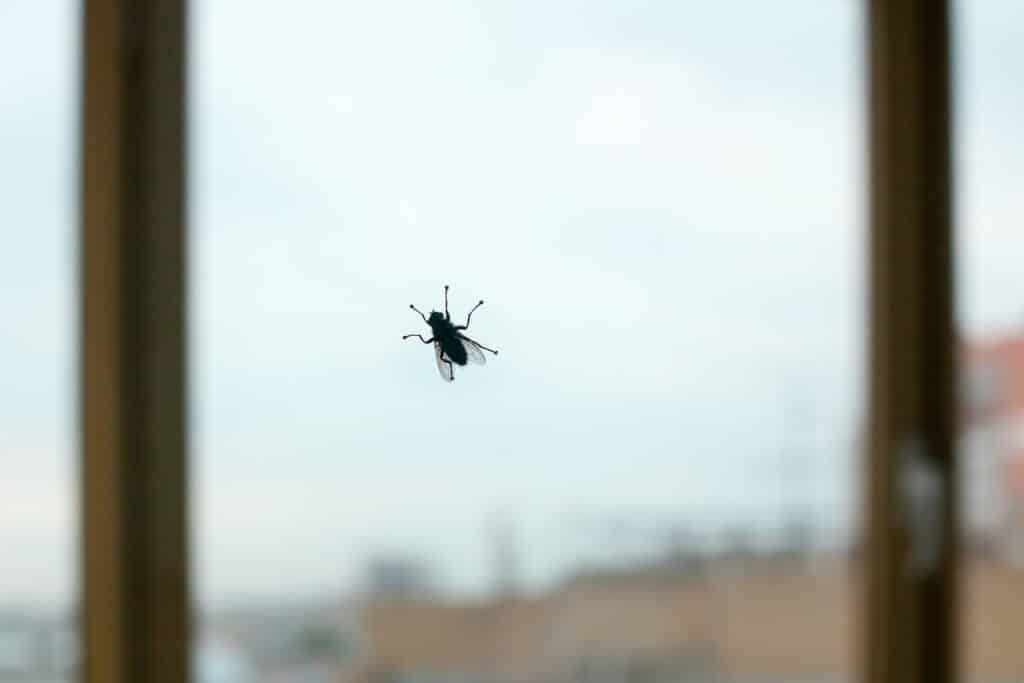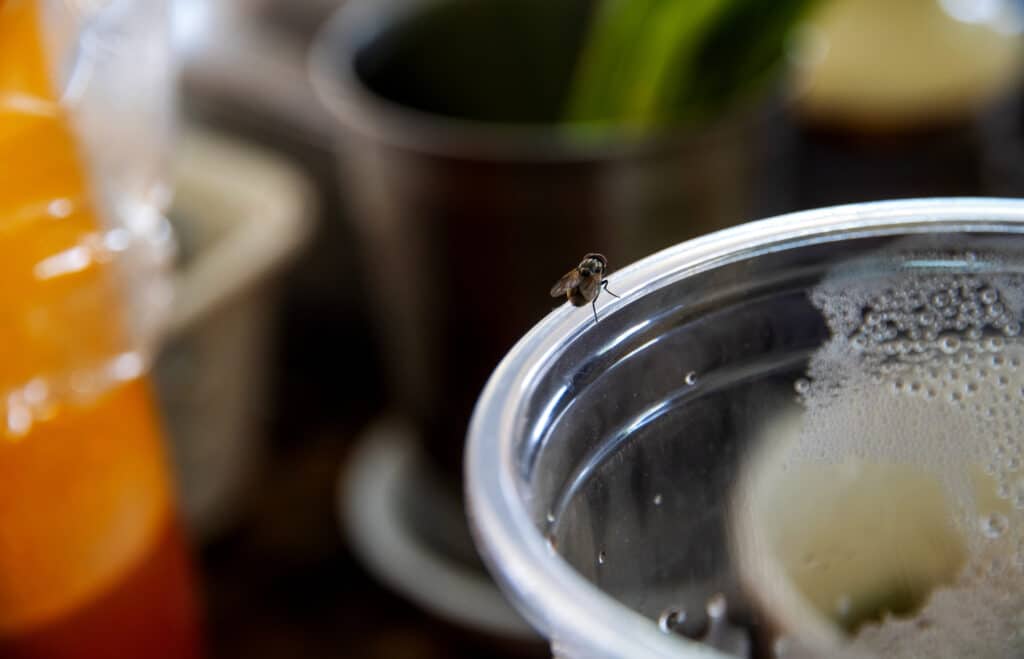
How to Get Rid of Flies in Tennessee: Effective Removal & Prevention Guide
Why Flies Invade Your Home
Flies are persistent household pests in Tennessee for good reason. Most flies’ habits involve landing and feeding on garbage, sewage, and dead animals before making their way into your home. When these flies land on your kitchen counters and food, they spread disease via their feces and vomit.
For thousands of years, flies have affected humans and their health. The domestic fly, or filth fly, is the most dangerous to human health. These flies carry a variety of diseases, including typhoid, cholera, pinworm, roundworm, and tapeworm.
Flies are attracted to your home because it provides:
- Food sources (including overripe produce and unsealed garbage)
- Moisture and humidity (common in Tennessee)
- Shelter from the elements
- Breeding grounds for their offspring

Effective DIY Methods to Get Rid of Flies
The number-one way to reduce flies in your home is through good sanitation practices. Here are effective methods to eliminate flies:- Remove fly attractants: Dispose of overripe produce, empty cans and bottles, and garbage that might attract flies.
- Seal food containers: Keep all food in sealed containers, especially fruits and vegetables.
- Clean regularly: Wipe down counters, clean spills immediately, and sanitize trash cans.
- Use fly traps: Place sticky traps or UV light traps in areas with high fly activity.
- Install screens: Ensure windows and doors have intact screens to prevent flies from entering.
Getting rid of adult flies can be helpful in reducing your numbers, but addressing breeding sites is crucial for long-term control.
Prevention Tips to Keep Flies Away
Preventing fly infestations is more effective than dealing with established ones:
- Remove garbage twice each week, and ensure all cans are closed to avoid allowing flies to get inside and lay eggs.
- Clean drains regularly, as they can become breeding grounds for certain fly species.
- Repair any cracks or openings in doors, windows, and screens.
- Keep outdoor areas clean, especially pet waste, which attracts flies.
- Store compost bins away from the house and ensure they’re properly maintained.
By removing anything that is attractive to flies, you can reduce fly activity significantly and prevent future infestations.

When to Call a Professional
While DIY methods are effective for minor fly problems, professional help is necessary when:- Your fly infestation persists despite your best efforts
- You notice large numbers of flies suddenly appearing
- You can’t locate the source of the infestation
- You’re concerned about disease transmission in your home
- You have recurring fly problems seasonally or year-round
If an infestation is particularly overwhelming, professional fly treatment programs and baiting programs can reduce harborage and control them more effectively than DIY solutions alone.
Schedule a Free Inspection
If your efforts at eliminating fly frustrations prove fruitless, contact the pest control experts at U.S. Pest Protection. Our treatment plans involve both targeted applications of materials, as well as collaboration with you to ensure prevention best practices are being used in your home.We focus on helping eliminate your fly problem with targeted intervention and preventive measures to keep them from returning to ruin your day. If you have questions about a fly problem—or other pest issues—reach out today. Don’t forget to ask about your free inspection.

